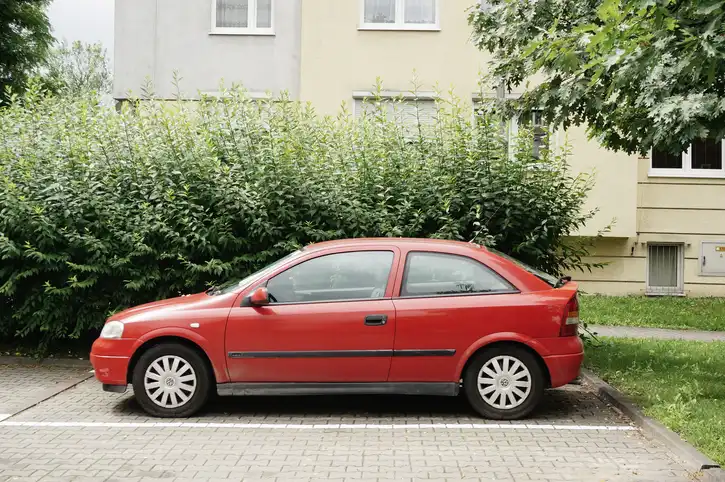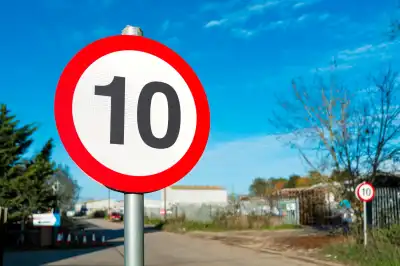
A leading think tank has warned that the UK’s transport system is piling pressure on families already struggling with the cost of living and it’s making poverty and social exclusion even worse.
The Institute for Public Policy Research (IPPR) says many low-income households are being cut off from jobs, education and healthcare simply because transport is either too expensive or doesn’t work properly.
According to their research, the average UK household spends £87 a week on transport. If you own a car, that jumps to £108. But if you don’t, it drops to just £13, which shows how expensive car ownership really is.
What’s worse, poorer households travel less than wealthier ones but still spend a higher percentage of their income on transport. The poorest fifth of households are spending about 18 percent of their income on getting around, double the rate of the richest households. For those who own a car, that figure rises to a massive 25 percent.
And it’s not just fuel. Car insurance in more deprived areas is typically 15 to 20 percent higher than average.
The high cost of train tickets, unreliable bus services and poor public transport connections mean people often feel forced to own a car even if it pushes them further into financial difficulty.
The IPPR is calling on the Government to step in. They’re suggesting more funding for local councils to keep buses running, discounted travel passes for young people and jobseekers, and a new social leasing scheme so low income families in rural areas can lease an electric car at a reduced monthly cost. They also want the VAT on public EV charging to be reduced from 20 percent to 5 percent.
Becca Massey Chase from IPPR said, "Too many people are locked out of opportunity because the transport system simply doesn't work for them."
"Parents are out of work, kids are late to school, and medical appointments are missed — not because people are unwilling, but because the buses don't turn up or the cost of a journey is unaffordable."
"If the Government is serious about tackling poverty, it must fix local transport. That means cheaper, more reliable services — designed with and for the people who rely on them most."
Ruth Talbot, founder of Single Parent Rights, added “This report highlights what single parents have long known: reliable, affordable transport is a lifeline, not a luxury.
"When it works well it makes the challenges of family life with one income and one pair of hands manageable, without it, single parent families are excluded from communities, services and employment opportunities."
Becca Lyon from Save the Children UK agreed, saying transport is becoming more and more inaccessible for families and is a key but often ignored part of the cost-of-living crisis.
"It's clear that more investment in affordable local transport options is needed to give families more choice about how they spend their money."




